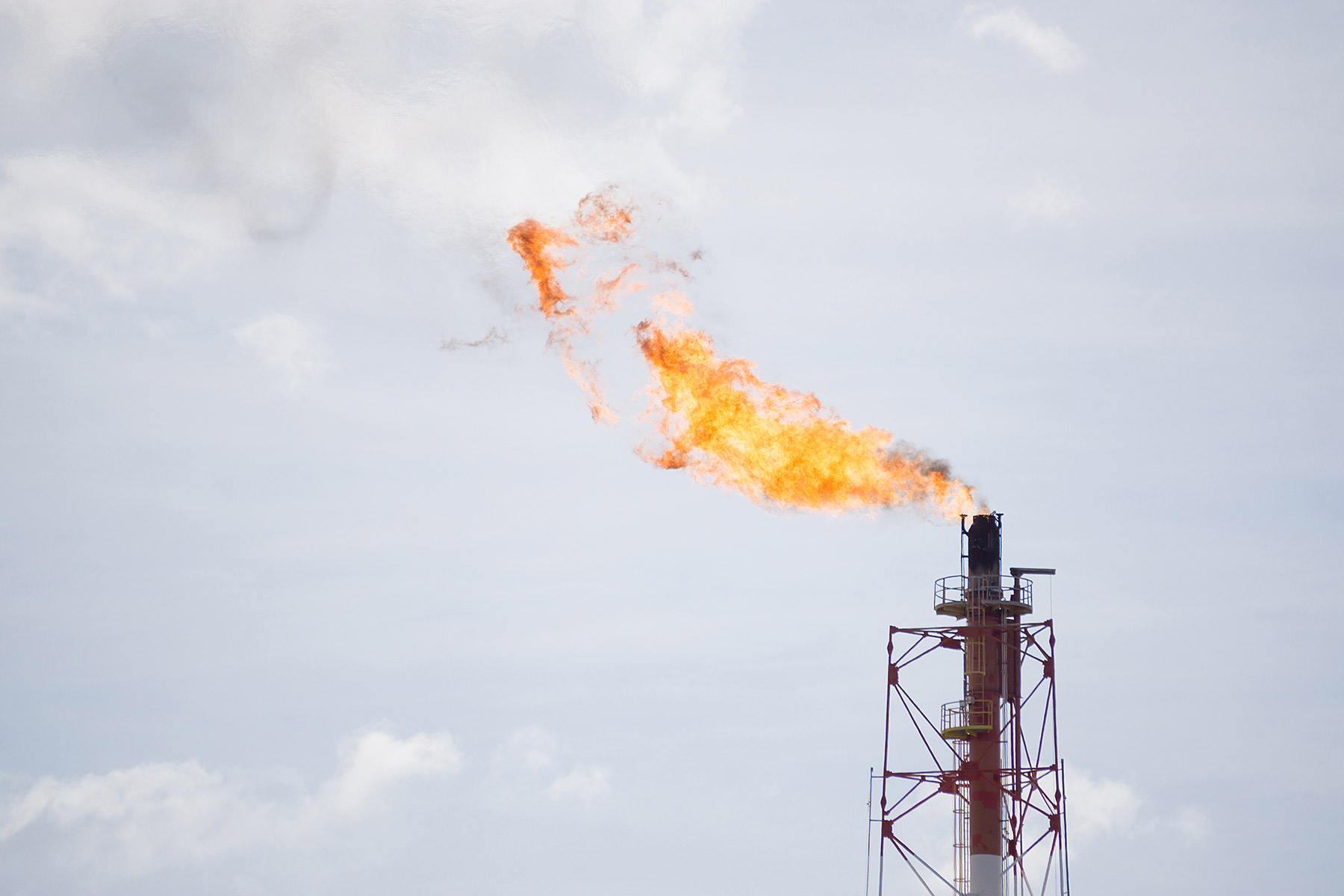Everything you said has been thoroughly and repeatedly debunked in this thread. The heat trapping physics of CO2 and CH4 are irrefutable, there has never been such a drastic spike in their atmospheric concentrations while humans existed, and global cooling was a limited theory of what might happen if man made particulates kept increasing to block sunlight and is actually an example of humanity taking steps to reduce their impact.
How the "Global Cooling" Story Came to Be
Nine paragraphs written for Newsweek in 1975 continue to trump 40 years of climate science. It is a record that has its author amazedwww.scientificamerican.com
I didn't realize the Tesla doesn't have amazing tech and isn't an amazing car.
My discussing CO2 is past history, Sorry if you confused that with human history. I can site other examples of research but that is not my point here.
My points stand. I do not disagree with being a good custodian of our planet, My disagreement is why.
Can't we just agree to do the right thing?






